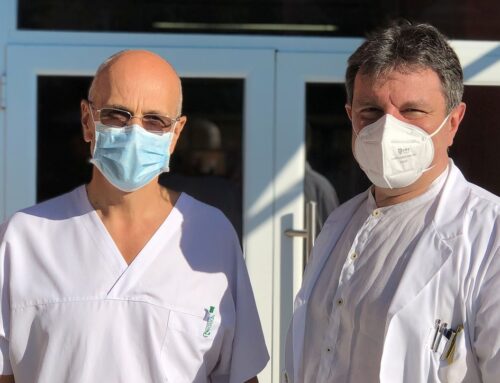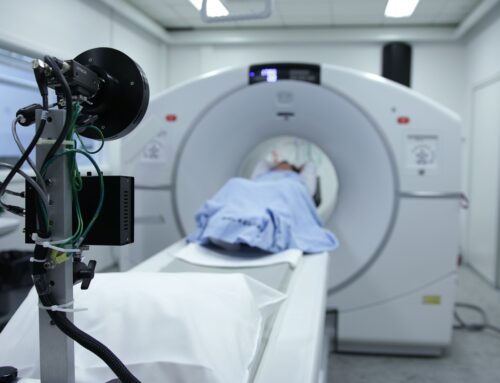Medical malpractice has been getting increasing nationwide attention as of late, as more and more people are starting to pay close attention to their doctors and hospitals following the worst of the coronavirus pandemic. When most people think of malpractice, they think of a doctor messing up surgery or prescribing a completely incorrect dose of medication. However, medical malpractice can also take the form of misdiagnosis when a doctor fails to diagnose a problem and instead diagnoses an unrelated illness. Misdiagnosis can be just as harmful as if the patient never went into the hospital and can lead to a rapid deterioration in health outcomes for that patient.
Misdiagnosis Liability
Receiving a misdiagnosis can be terrible; despite taking all the medication and following all advice, your condition just doesn’t seem to improve. While you may feel wronged by your doctor in this situation, it must be known that every skilled doctor is able to make misdiagnoses on occasion. Most misdiagnoses stem from an extremely rare illness manifesting in a patient and producing symptoms that appear similar to much more common ailments. In order for a medical malpractice lawsuit to be viable, the misdiagnosis has to be one that is determined to be caused by incompetence or malice on the part of your doctor and one which caused delayed or improper medical treatments that made your condition worse or lengthened your suffering.
You might have a case if you received pain and suffering due to the incompetence of a doctor you entrusted your care to. Most medical malpractice cases of misdiagnosis focus on the ‘standard of care’ patients are expected to receive. Cases attempt to prove that your doctor did not meet the standard of care that you should expect from a health professional. This process usually involves an expert witness testifying on your behalf and against your doctor.
Did Your Doctor Meet The Standard Of Care?
We talked about how misdiagnosis often occurs when a rare disease inflicts someone. Doctors should work through a checklist of potential sources of your symptoms and try their best to determine which illness best represents reality. An expert witness will help prove that your doctor acted in a way that any doctor with that level of training and knowledge would not have acted, resulting in a mistaken diagnosis.
To win your case, with help from the testimony of the expert witness, you must show the jury that your physician either failed to consider a possible diagnosis on their list of candidates, one that other competent doctors would have considered including, or that they misinterpreted signs and tests and therefore did not ultimately choose the correct diagnosis, even if the accurate information should have led to the truth.
Other Liabilities
Other people who were directly involved in your hospital tests and the misdiagnosis might be liable, such as a test operator or nurse who did not provide the physician with accurate data. In these cases, the hospital as a whole might be liable. Other people, such as EMS, that treated you on the way to the hospital are not usually considered liable for harm done if it can be shown they acted in good faith. Their job necessarily requires them to make split-second decisions, especially in life-or-death scenarios.
If you or a loved one were misdiagnosed, and you believe it led to unnecessary illness, injury, or death, you have the right to investigate the situation. Call Probinsky & Cole today to discuss the merits of your case. We are here to help.








